Britain & Ireland 1901-present
War and conflict, technology, illness and medicine and the battle for civil and national rights have all been key elements of the 20th century through to today, thus, all of those themes and many more are explored in this section. Underpinning many of these articles and included here are articles exploring pedagogical issues, managing knowledge and transferring knowledge. Read more
Sort by:
Date (Newest first) | Title A-Z
Show:
All |
Articles |
Podcasts |
Multipage Articles
-
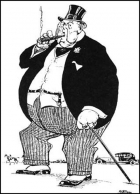
Newcastle and the General Strike 1926
ArticleClick to view -

Northamptonshire in a Global Context
ArticleClick to view -
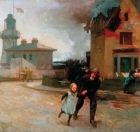
On British Soil: Hartlepool, 16 December, 1914
ArticleClick to view -
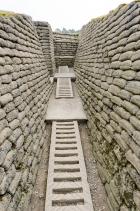
On the frontlines of teaching the history of the First World War
ArticleClick to view -

Please send socks'. How much can Reg Wilkes tell us about the Great War?
ArticleClick to view -
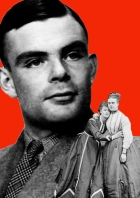
Podcast: The Historical Medicalization of Homosexuality & Transvestism
ArticleClick to view -
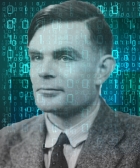
Podcast: The Life and Significance of Alan Turing
ArticleClick to view -

Polychronicon 117: interpretations of Douglas Haig
ArticleClick to view -

Polychronicon 119: The Second World War and popular culture
ArticleClick to view -

Polychronicon 131: At your leisure
ArticleClick to view -
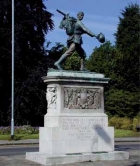
Polychronicon 134: The Great War and Cultural History
ArticleClick to view -

Polychronicon 136: Interpreting the Beatles
ArticleClick to view -
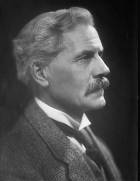
Polychronicon 144: Interpreting the 1930s in Britain
ArticleClick to view -
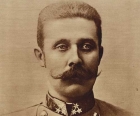
Polychronicon 155: Interpreting the Origins of of the First World War
ArticleClick to view -
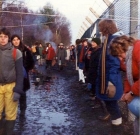
Polychronicon 157: Reinterpreting police-public relations in modern England
ArticleClick to view -
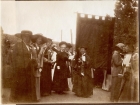
Polychronicon 174: Votes for Women
ArticleClick to view -
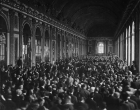
Polychronicon 175: Paris 1919 – a century on
ArticleClick to view -

Practical classroom approaches to the iconography of Irish history or: how far back do we really have to go?
ArticleClick to view -

Pride and delight: motivating pupils through poetic writing about the First World War
ArticleClick to view -

Putting black into the Union Jack: weaving Black history into the Year 7 to 9 curriculum
ArticleClick to view

